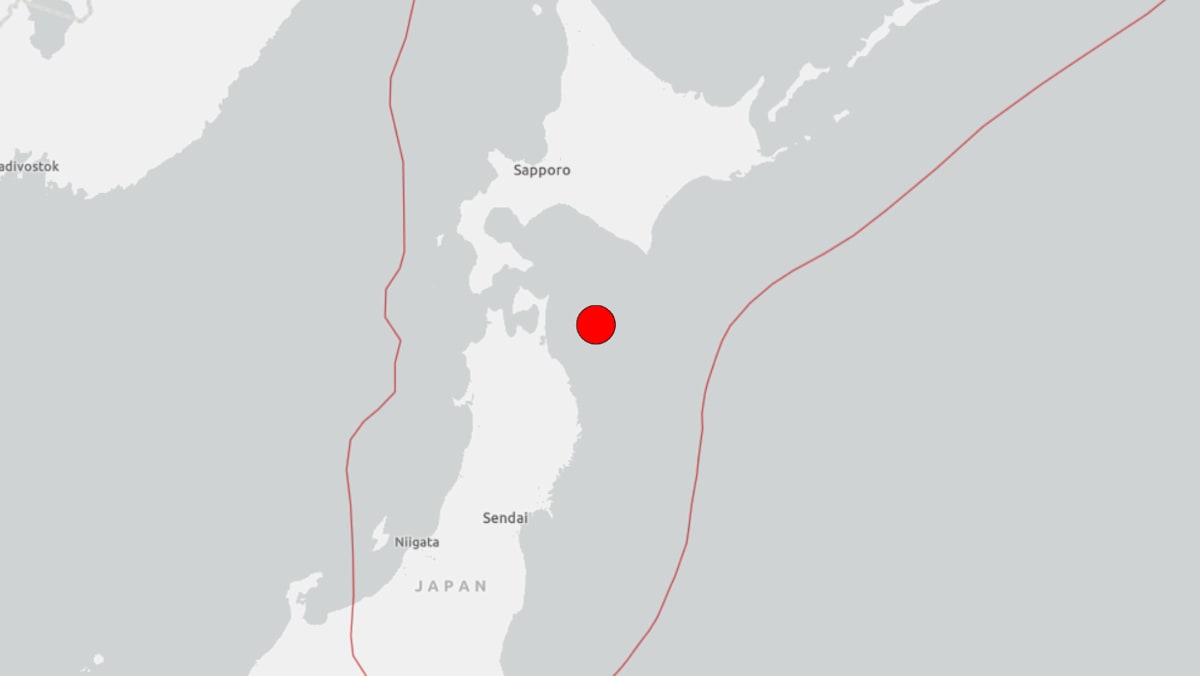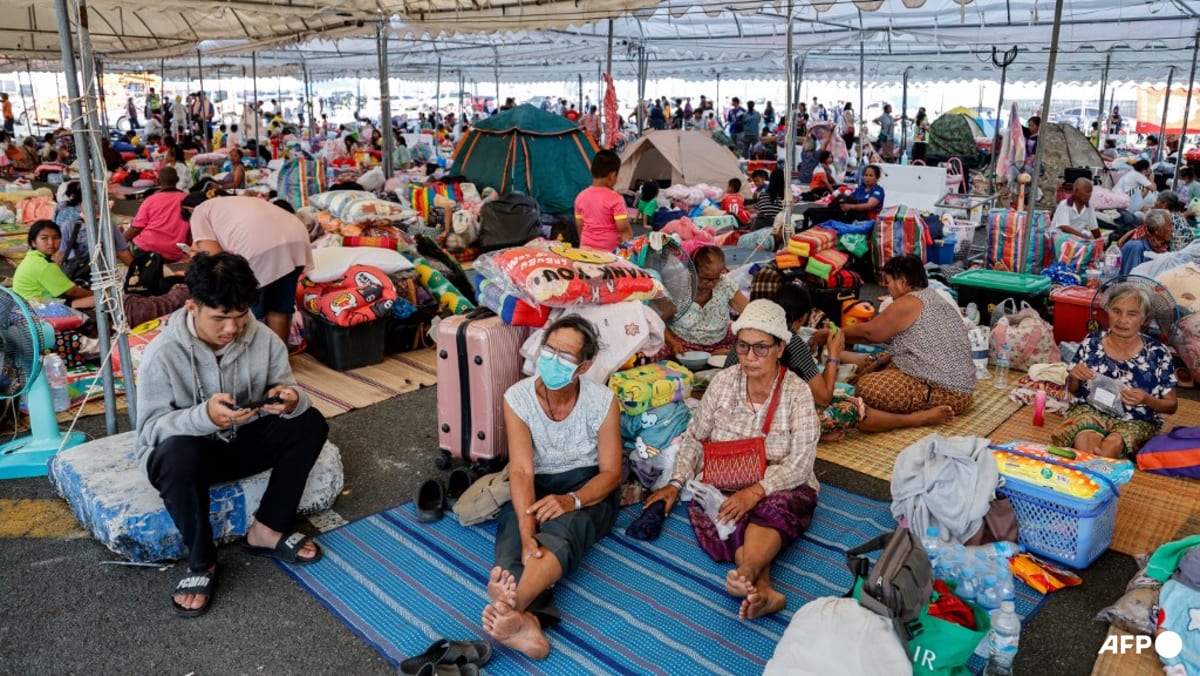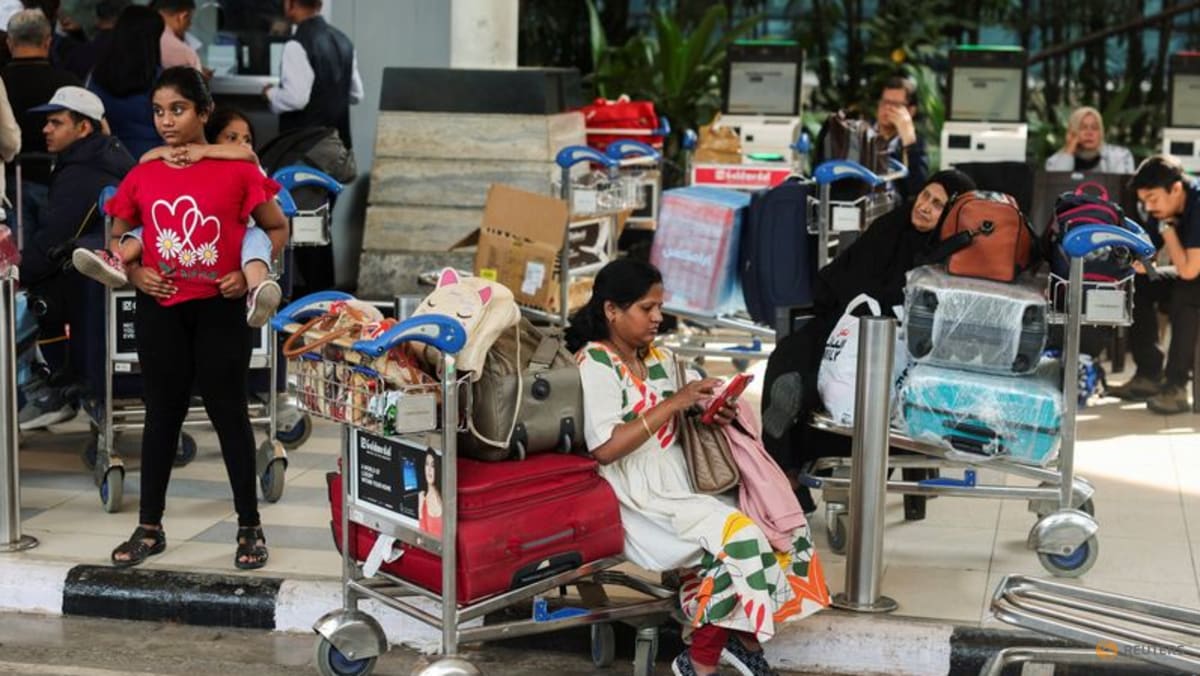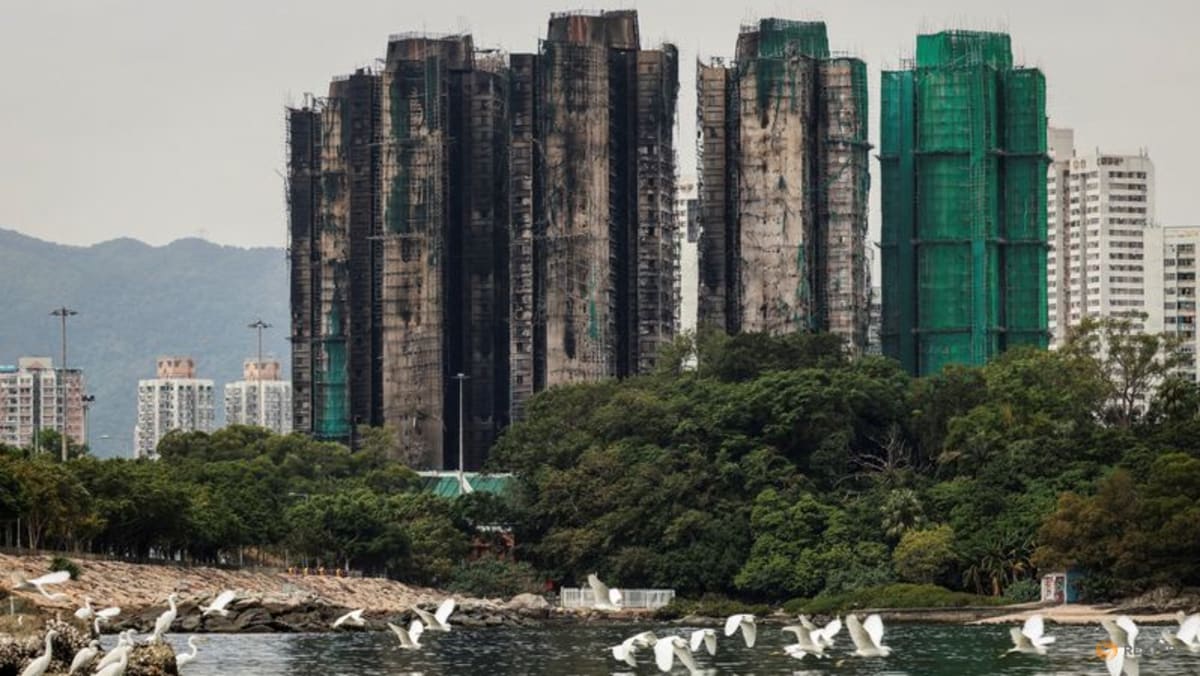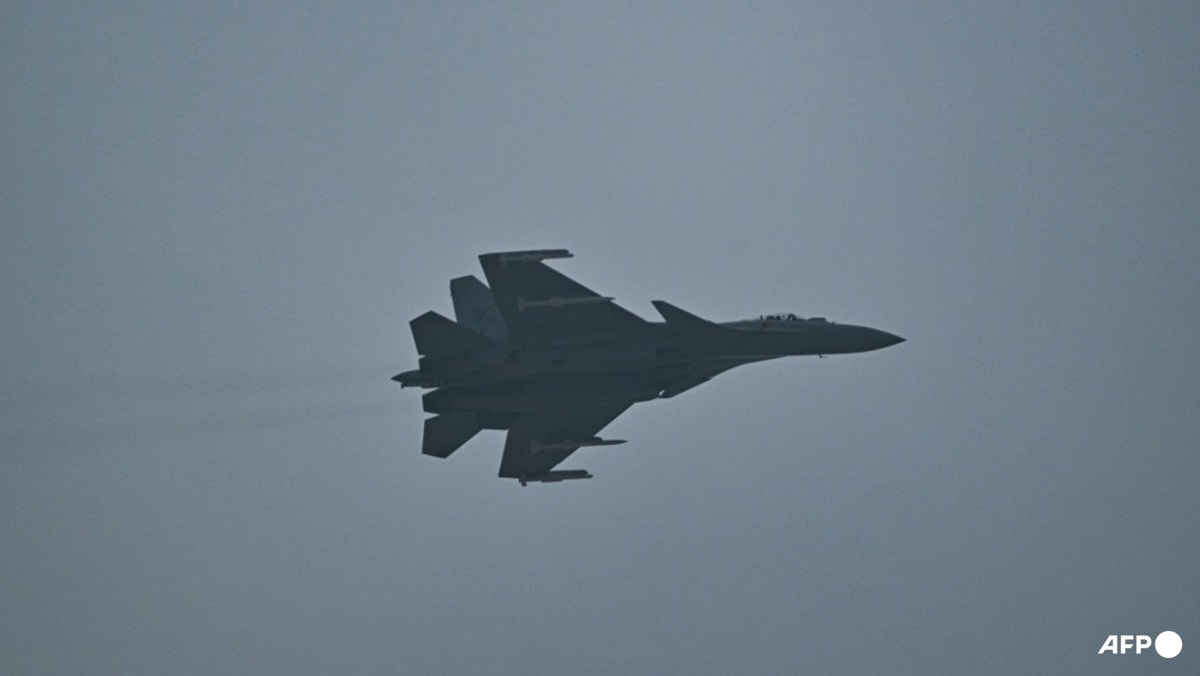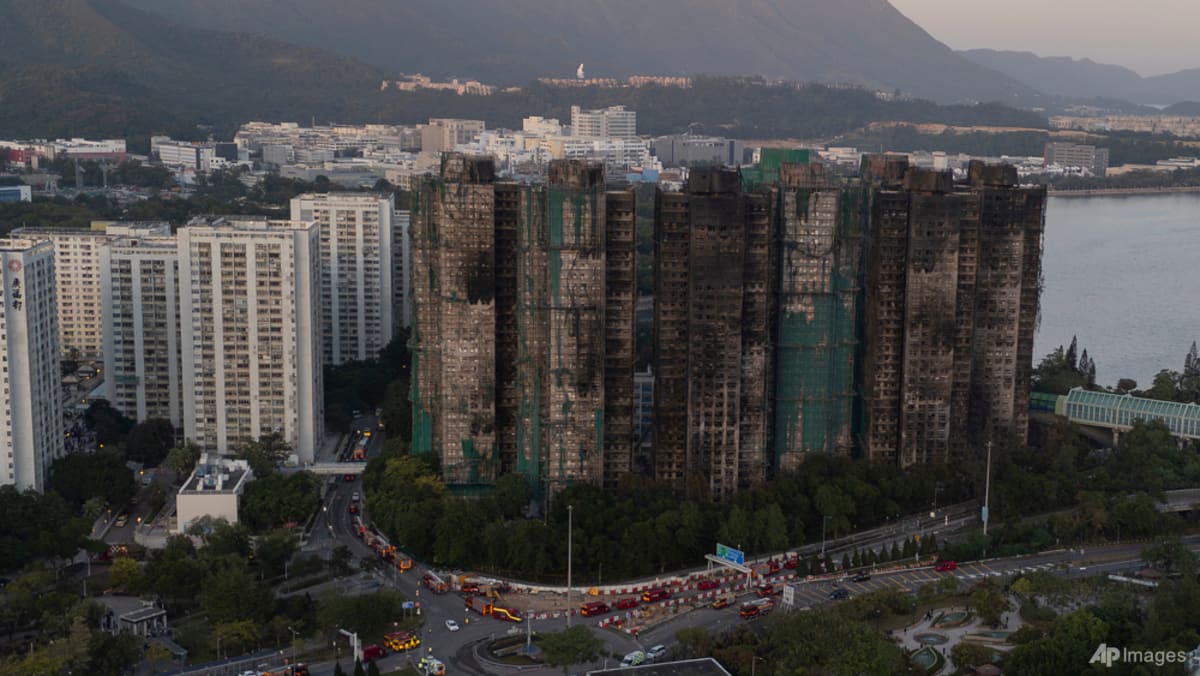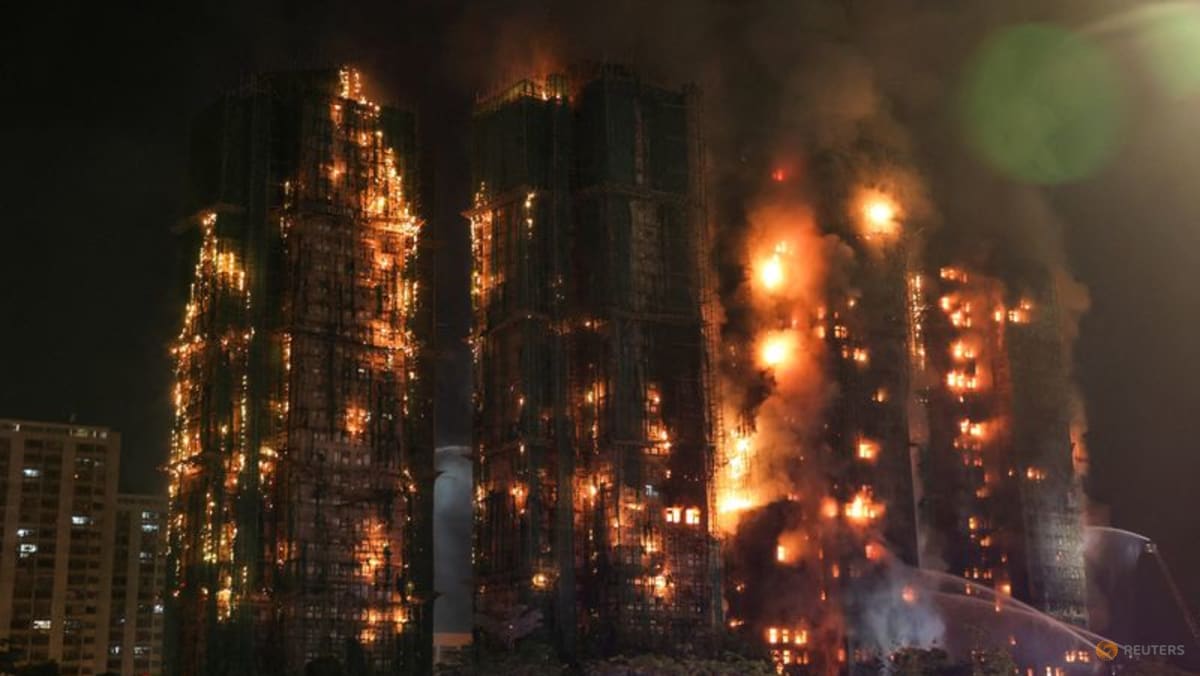Article 23: What you need to know about Hong Kong’s new national security laws

In the draft, the definition of state secrets appears quite broad, some lawyers said, saying it includes military, security and diplomatic secrets as well as classified social, economic and technological information involving the Chinese and Hong Kong governments, and their relationship.
Some analysts and diplomats fear that research into China’s politics, economy and military and due diligence investigations into individuals and companies on the Chinese mainland – all traditionally carried out by some Hong Kong firms and academics – could stray into areas of state secrecy.
But while the types of information included are wide-ranging, the Bill still stipulates that it must be information that is secret and would threaten national security if disclosed.
The Bill provides for public interest defences, but the threshold appears high: “Making the disclosure manifestly outweighs the public interest served by not making the disclosure”.
Hong Kong’s leader John Lee has said that the laws would meet international standards and protect Hong Kong’s rights and freedoms.
ISN’T HONG KONG ALREADY SUBJECT TO NATIONAL SECURITY LAWS?
Yes. It has several old, vague and arcane laws from its days as a British colony that remain on the books.
Beijing also imposed a sweeping national security law in 2020, with officials saying it was needed to bring stability to Hong Kong after months of pro-democracy protests in 2019.
That law dealt with only some offences, such as collusion with foreign forces, and also allowed mainland national security officers to be based in the city for the first time.
It also created a provision where suspects could be sent for trial in the mainland, where the courts are under the control of the ruling Communist Party.
The 2020 law highlighted the need for Hong Kong to continue its work on Article 23, creating local legislation. Senior Hong Kong officials say it is needed to fill legal loopholes, particularly those dealing with what they describe as “soft resistance” after the 2019 protests, and internet control.
Security chief Chris Tang has repeatedly said the government needs better tools to deal with espionage and the activities of foreign agents in the city.
DOESN’T CHINA ALREADY HAVE A STATE SECRETS LAW?
Reflecting the priorities of President Xi Jinping, China updated its own state secrets laws in 2023, banning the transfer of any information related to national security and broadening the definition of espionage. Some analysts say it remains vague.
Hong Kong’s own version has to deal with state secrets but with legislation compatible with the standards of the British-based common law, of which it remains a part.
WILL THE NEW LAWS PASS EASILY?
Unlike the tensions that surrounded the Bill in 2003, the final Article 23 Bill is expected to pass relatively swiftly, after formal readings of the Bill and some debate in the largely pro-Beijing Legislative Council.
Changes to Hong Kong’s electoral system after 2019 mean that pro-establishment figures screened as “patriots” control the body.
Source: CNA


